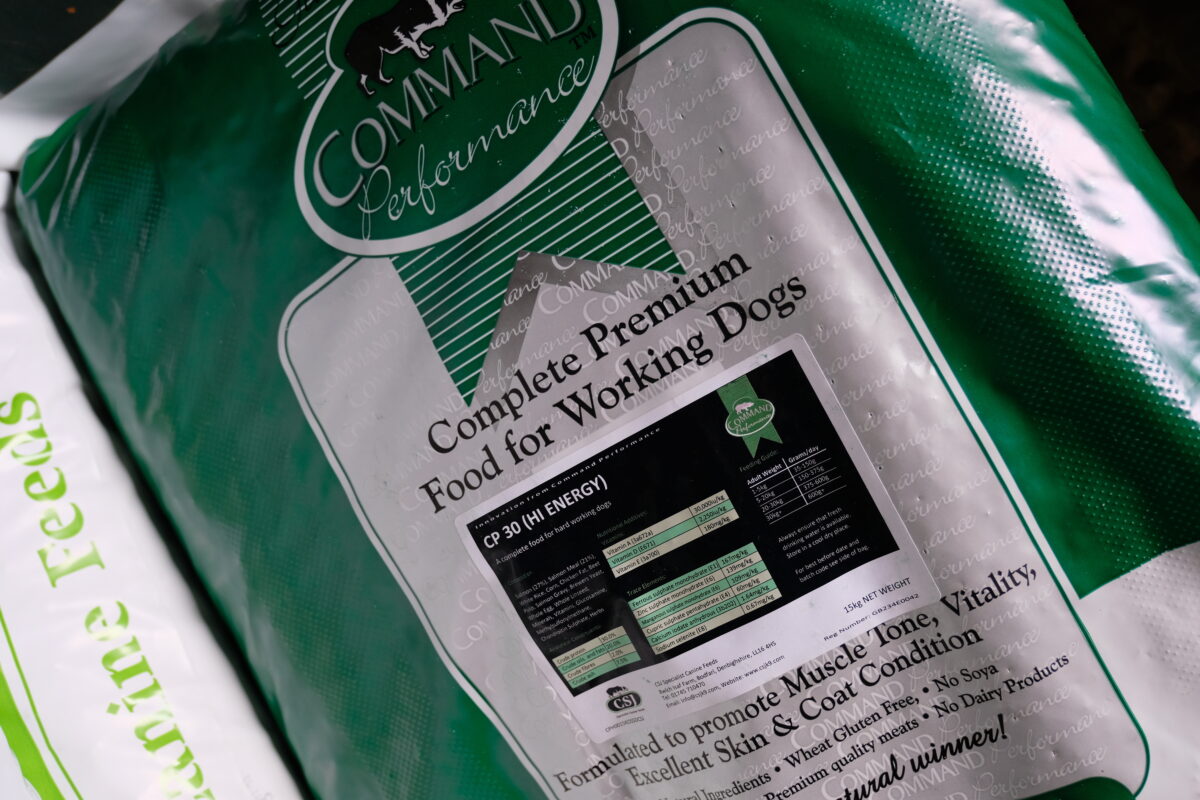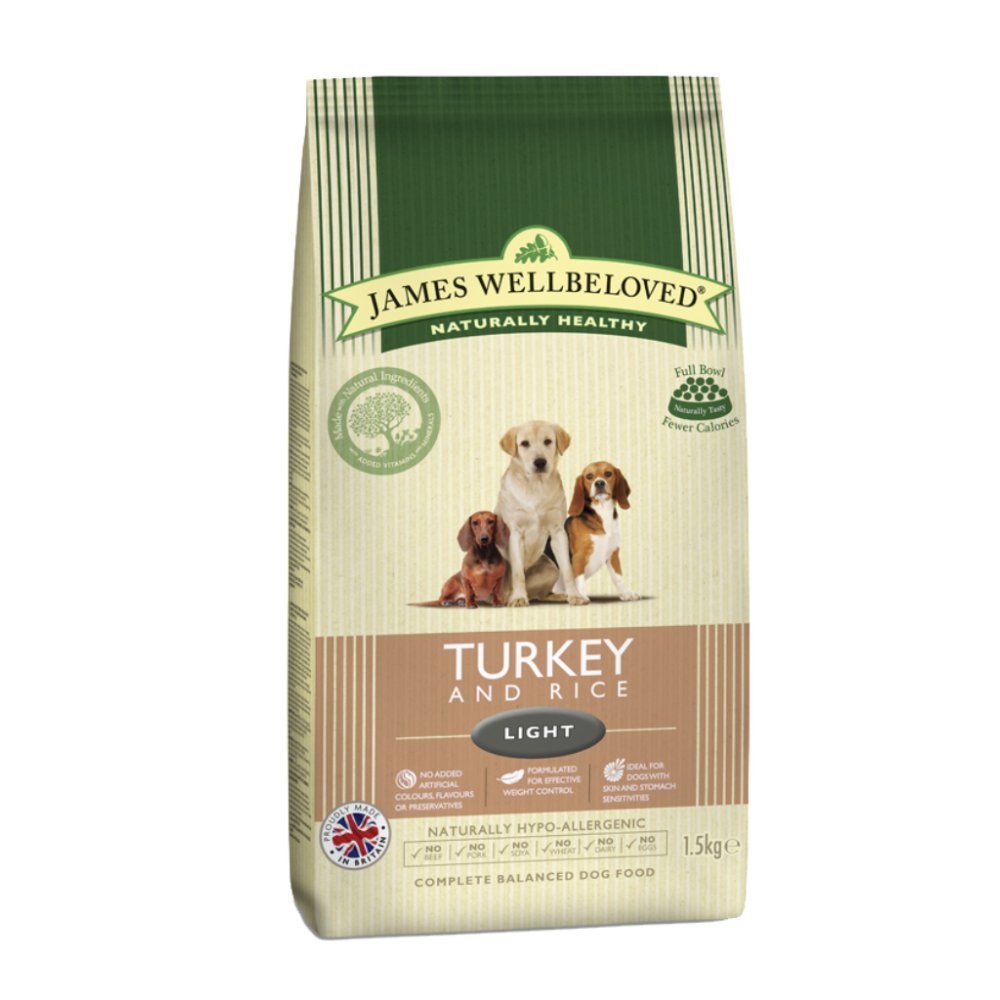
The Havanese is Cuba's national dog. It is a bichon-type, bichon-type dog. It is a descendant from the extinct Blanquito Del Habana as well as the Bichon Tenerife. They make excellent companions. They can be used for many jobs including retrieving, guarding, working, and working.
A good companion dog
The Havanese can be a very active dog and is lively. Although small and stubby, this breed can be highly trained and intelligent. They love going for walks and playing with other dogs. They excel in agility courses and are excellent watchdogs.
The Havanese makes a wonderful companion dog. They love to spend time with their owners and are friendly. They also enjoy performing tricks like jumping through a hula hoop or rolling over and climbing balance beams. While they do require regular grooming, their companionship is worth it.
Legg-Calve-Perthes
Legg-Calve-Perthes is a degenerative joint disease in the hip area of the Havanese. The disease can lead to lameness, arthritis, and muscle atrophy. Operation is possible. The severity and location will determine the treatment. For mild cases, medication and medical therapy may be helpful. It is important to note that overweight dogs are at greater risk of developing the disease.

Legg-Calve Perthes disease can be inherited. Due to a lack of blood supply, it causes the head or femur to be deformed. In severe cases, the knee cap may dislocate, causing pain and limited mobility. The condition often develops during childhood. It is more common for white children.
Health issues
Havanese dogs require special health care. Your veterinarian will determine the vaccinations that your pet requires. The vaccines can be given as soon as your pet is 6 weeks old. You may want to have your dog tested for additional health issues, such as genetic diseases. Your vet may also be able to provide preventative care products like flea and tick medication. These medications are usually based on the dog's weight and applied to their skin.
Joint and bone problems are also common in the Havanese breed. Chondrodysplasia punctata is an example of uneven growth that can cause limping. Legg-Calve-Perthes, another health issue, can cause joint pain and arthritis. Havanese might also experience elbow joint slippage or patellar-luxation. In addition to these health issues, Havanese can also suffer from liver shunt, which causes toxins to build up in the heart.
Care
Heart failure is one of the most common causes of death for Havanese puppies in their golden years. Keep your pet's heart well-monitored. A weakening in one of the heart valves is the most common cause of heart disease in dogs. This causes blood to leak back around and strains the heart. Heart murmurs can indicate that your pet may have heart valve disease. A basic test can be performed by a veterinarian to rule other serious conditions like heart disease and irregular heartbeat. A veterinarian will make recommendations for the best treatment for your dog's specific needs.
To ensure your pet's health, it is vital to provide eye care for Havanese. Eye care for Havanese can help prevent vision loss and relieve discomfort. There are many eye problems that can affect dogs, including chronic pain and corneal ulcers. There are many treatment options.
Grooming

Habanese grooming has many important elements. First, consider the length of the coat. The Havanese is known for their long silk coat that consists of a short undercoat and a long outer coat. The outer coat can be straight or curled and can also be wavy. It can also be any color.
Daily grooming is necessary for a Havanese coat. The coat needs to be brushed regularly or sprayed using a fine mist spritzer. The coat should not be wet but dry. Brush your dog's hair all the way to the skin.
FAQ
Do I decide to get a dog or a cat?
Your personality will determine the answer to this question. Some people prefer puppies while others like kittens.
In general, however puppies are more active, playful, and social than cats. Kittens often sleep a lot and can be very gentle.
Both types require a lot from their owners. They will grow up quickly and need a lot of care.
You will need to take them to the vet for regular checkups. You will need to take them to the vet regularly.
How long can a dog be kept indoors?
Dogs are naturally curious. Dogs are naturally curious and need to be able to vent their curiosity. They may be destructive if they don’t have any outlets. This can lead them to become destructive and cause property damage, as well as injury to other people.
It is important that dogs are kept on a lead when they go outside. The leash protects dogs from being in trouble and allows them to explore their environment without fear.
Dogs will get bored and restless if they are kept inside for too long. He will chew furniture and other items. He could also develop health problems if his nails grow too long.
The best way to prevent these negative consequences is to let your dog run free at least once daily. Take him out for a walk, take him for a drive in the car, and/or to the park.
This will make him feel more energetic and provide him with something to do.
What should you think about when purchasing a pet for your family?
First, think about what type of lifestyle you desire for yourself and your family. Do you have kids? Do you have children? Are they currently over 50? Are there any special dietary preferences?
Are you allergic to anything? Do you have any other questions about your pet?
These questions will help you decide if you want an active companion, a quiet pet dog, a cat that is house-trained, or a fish tank with tropical fish.
Adopting a puppy is a great idea. Make sure to visit a rescue or shelter group so you can get to know the animals and feel at ease with them.
You'll also want to know if the animal has been vaccinated against rabies and other diseases.
Next, check with the owner to see if he/she will take care your animal while you're on vacation. This will allow you to leave your pet at home and not worry about it.
Remember that pets are part of the family, and you shouldn't adopt one unless you really like him or her!
Statistics
- Reimbursement rates vary by insurer, but common rates range from 60% to 100% of your veterinary bill. (usnews.com)
- For example, if your policy has a 90% reimbursement rate and you've already met your deductible, your insurer would pay you 90% of the amount you paid the vet, as long as you're still below the coverage limits of your policy. (usnews.com)
- * Monthly costs are for a 1-year-old female mixed-breed dog and a male domestic shorthair cat less than a year old, respectively, in excellent health residing in Texas, with a $500 annual deductible, $5,000 annual benefit limit, and 90% reimbursement rate. (usnews.com)
- In fact, according to ASPCA, first-year expenses can sum up to nearly $2,000. (petplay.com)
- It is estimated that the average cost per year of owning a cat or dog is about $1,000. (sspca.org)
External Links
How To
How to choose a name for your pet.
The most important decision you will make when adopting an animal is choosing a name. It is important to choose a name that best reflects the person and personality of your pet.
Also, think about how others might refer you to them. For example, if you plan to use their name when speaking with someone. You should also consider how you would like to be called. Are you more comfortable calling yourself "dog" or your "pet"?
Here are some tips to help you get started:
-
Select a name to fit your dog's breed. Look up the names associated to the breed, if you have a good idea of what it is (e.g. Labradoodle). Ask someone who is knowledgeable about dogs to suggest names based on that breed.
-
Take into account the meaning behind the name. Some breeds were named after people or specific places, while others are just names. The name "Rover," for example, was given to a Labrador Retriever because he was always running around!
-
What would you prefer to be called? Do you prefer to be called "dog?" or "pet?" Would you prefer to refer to your dog as "Puppy," or "Buddy",?
-
Be sure to include the name of the owner. Although it's a good idea to name your dog with your last name, don't forget to include the names of your family members. You may have your dog as a part of your extended family.
-
Keep in mind that many pets have multiple names. For example, a cat might go by several names depending on where she lives. She could be known as "Kitty Cat" at home but "Molly" while visiting her friends. This is especially true if the cat lives outside. They will often adapt their names to match their environment.
-
Be creative There is no rule that says you must follow a particular naming convention. Be unique and memorable in your choice.
-
You must ensure that the name you choose isn't already owned by another person or group. This way you won't accidentally take someone else's identity.
-
Remember that choosing the right name for your pet can be difficult. Sometimes it takes time to determine whether a name is right for your dog. You can keep searching until you find your perfect match.